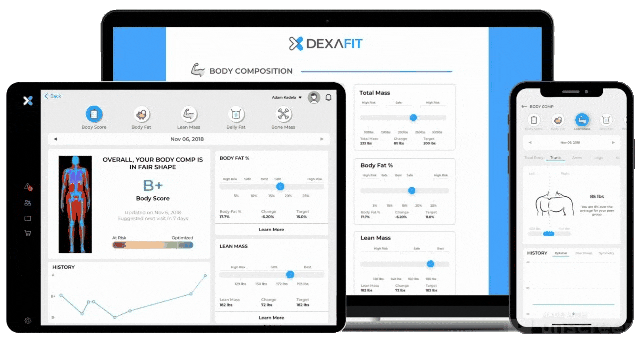Heart Health Panel
Your heart beats over 42 million times a year—that’s 3.5 billion beats by the time you’re 80. Give it the checkup it deserves with science-backed insights and a personalized plan to keep it strong for every beat ahead!

Get a thorough analysis of your heart health to pinpoint risks and help you take action to reduce the likelihood of developing heart-related conditions.
Convenient Blood Draw Options: Easily visit your nearest Quest Diagnostics lab with just your ID—no hassle, no extra steps.
Detailed Biomarker Analysis: Understand where your numbers stand, with clear insights into what's in your ideal range and where you can improve for better health.
Healthspan Scores: Receive a zero-to-100 score for every major system in your body, giving you a simple way to gauge your overall health and longevity.
Actionable Recommendations: Learn about the foods, supplements, and lifestyle changes that will have the greatest impact on your health and help extend your life.
Personalized Action Plan: Choose recommendations specifically designed for you, tailored to align with your unique health goals.
Biomarkers Tested
Apolipoprotein B (ApoB): ApoB is a protein found in the particles that carry cholesterol through your bloodstream. High levels of ApoB are linked to an increased risk of heart disease because they indicate a higher number of cholesterol-carrying particles, which can contribute to plaque buildup in arteries. Lower levels are generally better for heart health.
High-Density Lipoprotein Cholesterol (HDL): Often called "good" cholesterol, HDL helps remove excess cholesterol from your arteries and transports it to your liver for disposal. Higher HDL levels are associated with a lower risk of heart disease because it helps clean up cholesterol that can cause problems in the bloodstream.
Low-Density Lipoprotein Cholesterol (LDL): Known as "bad" cholesterol, LDL carries cholesterol to the cells. But too much LDL in your bloodstream can lead to plaque buildup in your arteries, which increases the risk of heart attack and stroke. Keeping LDL levels low is important for heart health.
Triglycerides: These are a type of fat found in your blood, which your body uses for energy. High triglyceride levels can raise your risk of heart disease, especially when combined with high LDL or low HDL levels. Keeping triglycerides in check supports overall cardiovascular health.
Total Cholesterol: This is the overall amount of cholesterol in your blood, including HDL, LDL, and other types of cholesterol. While it gives a snapshot of your cholesterol levels, focusing on the individual components (like LDL and HDL) is more helpful in understanding your heart disease risk. Lower total cholesterol is generally better, but the balance between different types matters more.
*Powered by InsideTrackers









